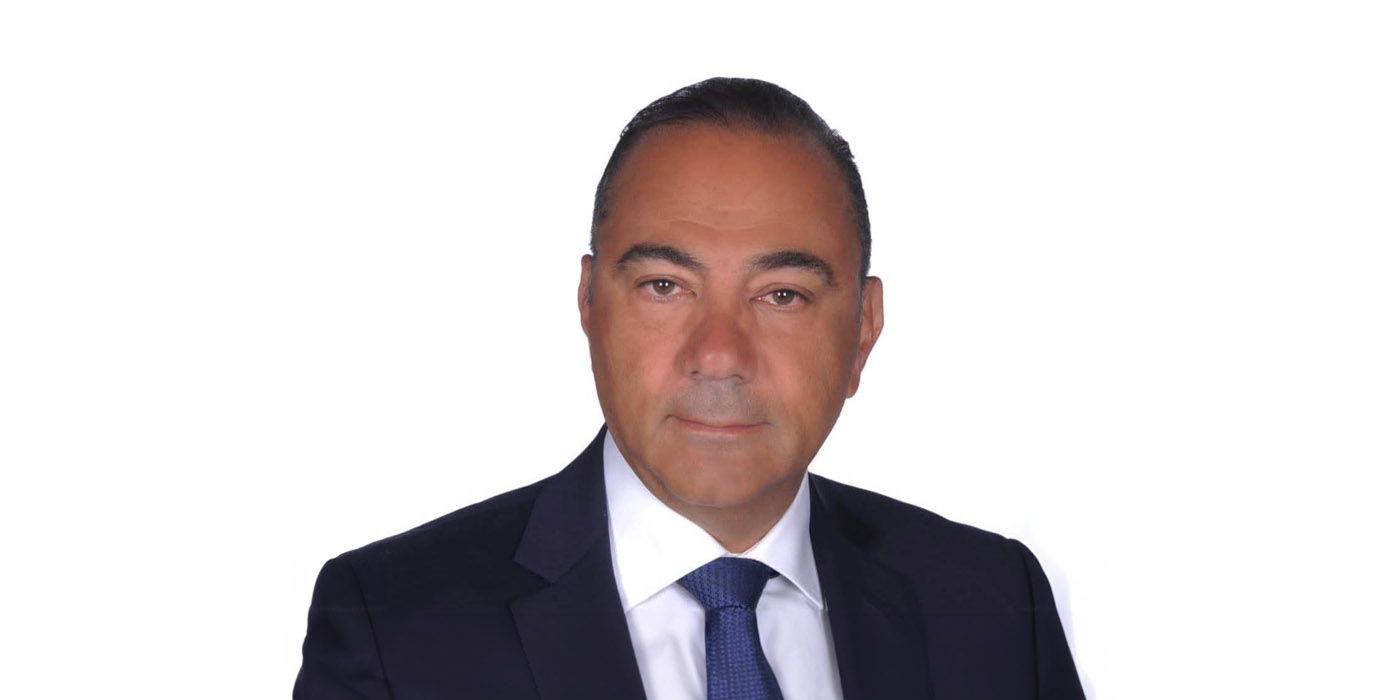
In the editorial of its monthly report titled “A New Phase on the Horizon,” the Secretary-General of the Association of Banks in Lebanon (ABL), Fadi Khalaf, emphasized that no economic recovery plan can succeed without serious cooperation among all stakeholders. He stressed that this partnership must ensure the protection of depositors' rights while guaranteeing the sustainability of the banking sector.
According to Khalaf, these principles no longer reflect only the banking sector’s position but have been officially recognized in several discussions with authorities, notably during a recent meeting between the ABL and Banque du Liban Governor Karim Souhaid.
Khalaf praised the frank and transparent tone of the meeting, marked by a clear vision and firm positions, which helped refocus the debate on what he called logical and fair foundations. He summarized the main points as follows:
- Recognizing the systemic nature of the crisis does not mean evading responsibility but allows for a better understanding of its roots to develop sustainable solutions.
- Responsibility is shared among the State, Banque du Liban and commercial banks. Attempting to single out one party risks prolonging the current deadlock.
- Reducing the financial gap cannot be limited to restructuring the banking sector, it must start with the cleaning up of the Central Bank’s accounts and clarifying the State’s obligations toward it.
- The debt owed by Banque du Liban to commercial banks is an explicit contractual obligation and cannot be unilaterally canceled.
The ABL also highlighted several legal and economic principles:
- The State must abide by its own laws, particularly Article 113 of the Code of Money and Credit, which requires it to cover the Central Bank’s losses.
- Untargeted subsidy policies and chronic financing of the public deficit have significantly contributed to worsening the current crisis.
- Excluding banks from discussions under the pretext of potential conflicts of interest would weaken the partnership principle, especially since both the State and the Central Bank share responsibility for the losses recorded on deposits.
- Banks’ investments with Banque du Liban were made in accordance with the Central Bank’s circulars, refuting claims of sole banking sector responsibility.
Finally, the Association stressed the importance of considering local specificities. Lebanon cannot apply foreign models that do not fit its institutional framework or the multifaceted nature of its crisis.
In conclusion, Fadi Khalaf stated that recent official stances open the door to a promising change of course. However, for this momentum to succeed, the principles outlined must be translated into concrete policies and clear, enforceable laws that are effectively implemented.



Comments